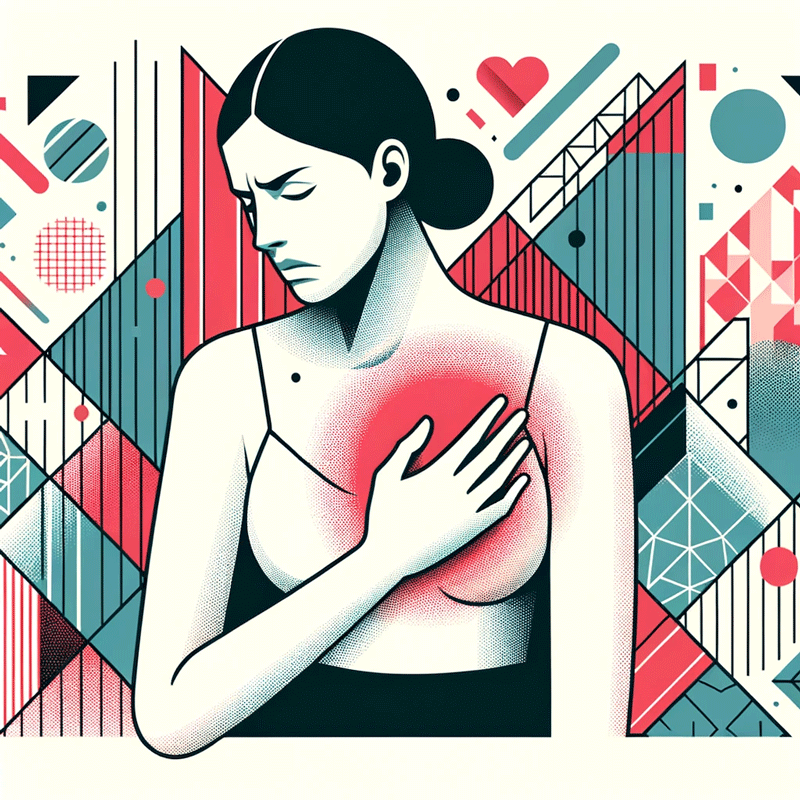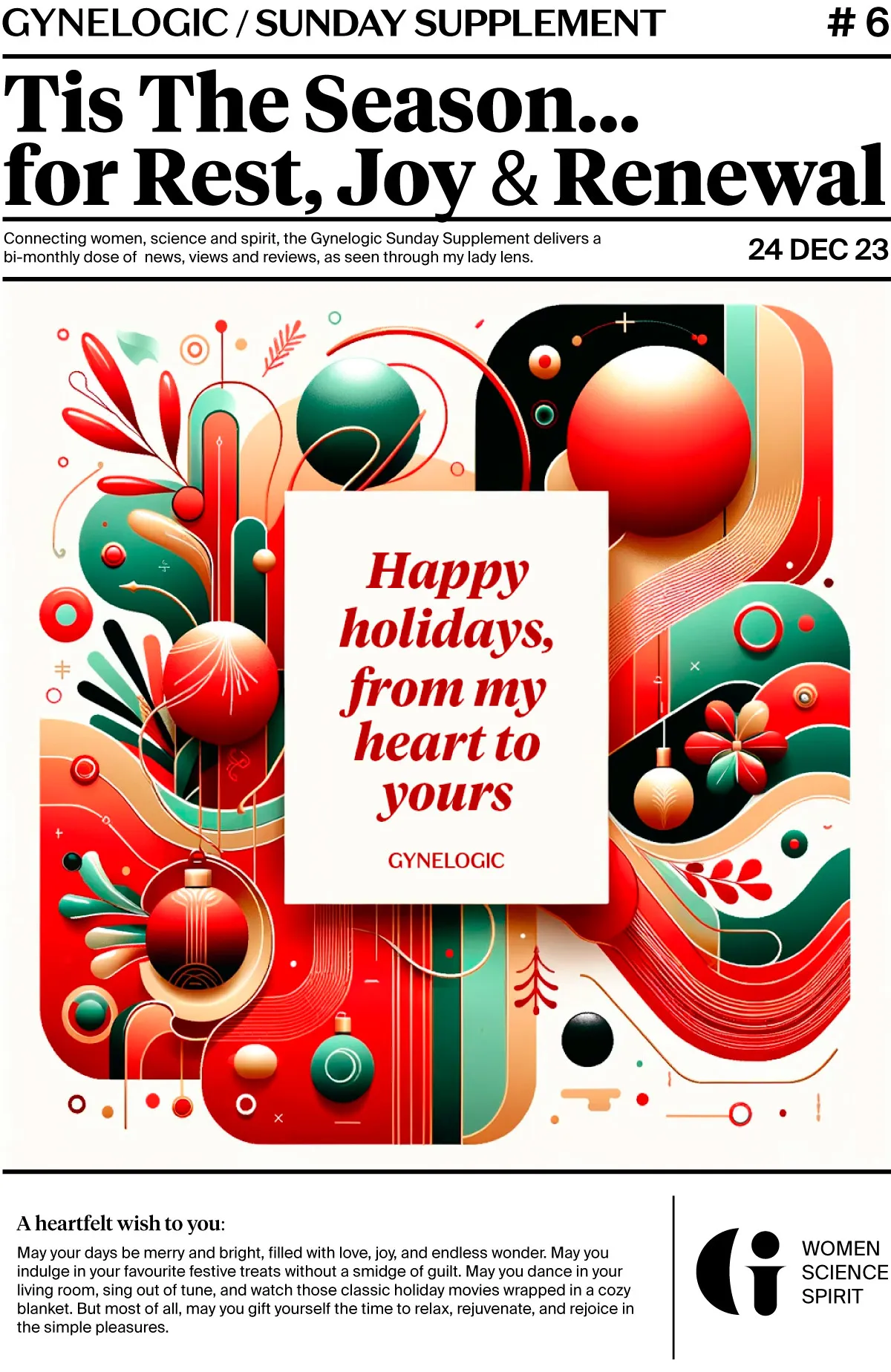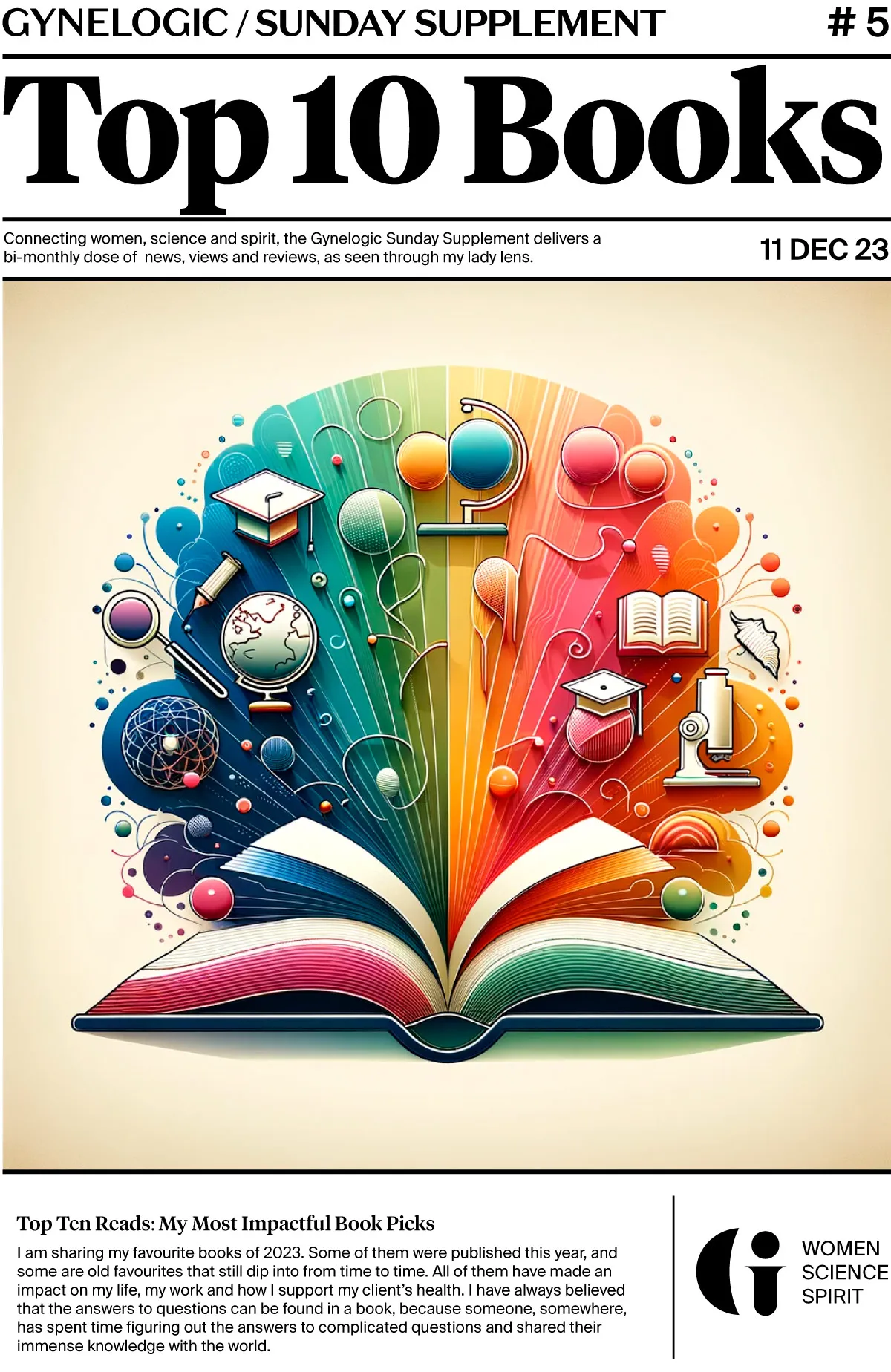Do your breasts become tender, swollen, and painful at certain times of the month or during pregnancy and breastfeeding? Breast sensitivity often gets chalked up to normal hormonal fluctuations. But these symptoms may actually indicate an underlying iodine deficiency.
Iodine is a mineral that plays a critical role in thyroid health and breast tissue regulation. Your breasts need sufficient iodine intake to control glandular activity and mitigate oestrogen’s effects.
When iodine levels drop too low, breast tissue becomes hypersensitive to oestrogen. This leads to fluid buildup, cyst formation, and breast pain. Iodine helps counter oestrogen’s tendency to cause proliferation and inflammation in breast tissue.
Breast pain can flare up coming up to ovulation when oestrogen is peaking, and coming up to your period if oestrogen is not balanced by progesterone. Breast swelling and tenderness is also common in pregnancy and breastfeeding when demands for iodine are highest.
Iodine deficiency is also associated with:
- Ovarian cysts – iodine helps regulate hormone production and ovulation. Deficiency can lead to cysts forming on the ovaries.
- Heavy/painful periods – iodine assists oestrogen detoxification. Low iodine can exacerbate oestrogen-driven symptoms like cramping, clotting, and heavy bleeding.
- Fibrocystic breasts – breast cysts and lumpiness may signal inadequate iodine levels. Iodine helps moderate oestrogen’s effects on breast tissue.
- Polycystic ovary syndrome – iodine is needed for proper thyroid activity, which influences ovarian function. Thyroid issues driven by iodine deficiency can disrupt the menstrual cycle.
- Infertility – thyroid disorders from low iodine can cause irregular cycles and hormone imbalances that hamper fertility. Iodine levels decline during pregnancy, so deficiency may make conceiving difficult.
- Endometriosis – excess oestrogen is a risk factor for endometriosis. Iodine aids oestrogen detoxification, so deficiency may be linked to endometrial tissue overgrowth.
Restoring iodine levels can provide relief from hormone-driven breast pain. A daily iodine supplement under supervision may be beneficial. Eating iodine-rich foods like sea salt, seaweed, eggs, fish, and prunes can also provide dietary iodine.


























